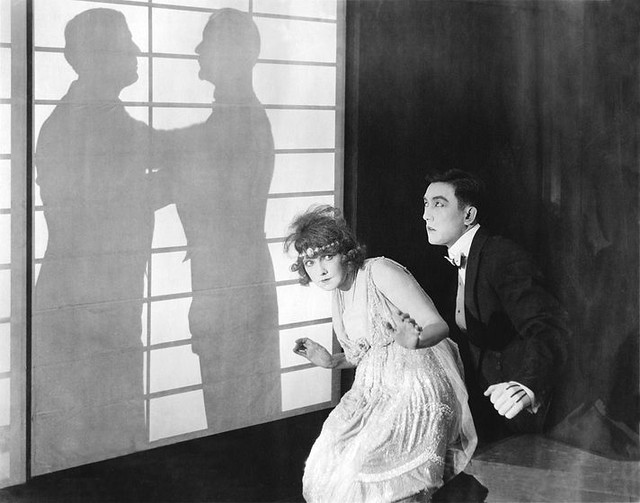
Over eighty years after his death, Cecil B. DeMille remains one of the most recognizable classic Hollywood figures. In large part due to The Ten Commandments airing on ABC Easter weekend every year for the past half a century, Cecil B. DeMille stands as a familiar name that even a large portion of the general public still recognizes.
Known for his historical epics of early America and Biblical times, DeMille stood as a larger-than-life figure whose confidence rivaled the scale of his epics. Scott Eyman’s Cecil B. DeMille: An Empire of Dreams provides a much-needed investigation of DeMille’s life and career, examining his many films and exploring the seeming contradictions in DeMille’s personal life and public persona.
DeMille’s high boots became his established look as a director.
Eyman’s exhaustive look at his early life and career sets the groundwork for the rest of DeMille’s career. Striking out to California with business partners Sam Goldfish (later Goldwyn) and Jesse Lasky, DeMille co-directed one of the earliest successful California-made feature films for the newly formed Lasky Feature Play Company in early 1914. People might associate DeMille solely with his later epics but his early career as a pioneering Hollywood director provides us with dozens of well-made, mid-budget, hour-long features throughout most of the 1910s.
Eyman does an excellent job in detailing DeMille’s foundational role in helping establish Hollywood as the center for American filmmaking and uplifting the young medium into an art form alongside directors like D.W. Griffith and Lois Weber. With great care, Eyman breaks down the production history of each of these early films. He also discusses in-depth how DeMille’s stage background influenced the director’s innovative, cinematic uses of lighting and set design that garnered critical acclaim just as feature-length films came to dominate the market in the mid-1910s.
DeMille’s lighting style in his early features like The Cheat (1915) was so distinctive it became known as Lasky lighting in the industry.
I appreciated that Eyman refutes and tackles head-on the tired story that DeMille gave up any artistic ambitions after his 1918 The Whispering Chorus failed at the box office. First of all, it’s a lazy myth that ignores basic facts like, as Eyman shows, that The Whispering Chorus made a small but definite profit. Second, this theory dismisses the majority of DeMille’s 40-year career as over-bloated drivel ignoring his keen eye for cinematography, intricate costumes and sets, and grand visual compositions.
Third, and most importantly, anyone making this argument hasn’t seen enough of his early silent films which indulge in wild scandal and melodramatic exposes of polite society. People can dislike DeMille’s films and find them melodramatic but it’s an overreaction to dismiss his talent after he started making sexually frank comedies with Gloria Swanson in the late 1910s. DeMille didn’t change his own tastes and styles so much as he gained access to bigger budgets by 1920 that he could bring his own lavish vision of rich socialites with little obstacles to stand in his way.
DeMille’s critically acclaimed, visually stunning The Whispering Chorus (1918). Photo credit: cecilbdemille.com
Another narrative Empire of Dreams seeks to confront is the common accusation of DeMille’s hypocrisy, a man with several lifelong extra-marital sexual relationships who based so many of his films on Christian morals. While on the outside, DeMille’s personal correspondence and actions highlight how his beliefs and choices were unorthodox for many other Christians but still more or less coherent. The issue is much less hypocrisy and our inability to understand how spirituality functions on a personal level. In this way, DeMille’s films like his Pre-Code The Sign of the Cross reflected his own personal worldview, mixing positive depictions of generic Christain morality with indulgent displays of commercial excess and sexuality.
While I personally enjoyed the chapters on DeMille’s early career the most, Empire of Dreams faithfully explores DeMille’s turbulent 1920s, his transition to sound, and late-career epics. When Eyman doesn’t enjoy a particular work he isn’t afraid to chime in with the negative reviews DeMille received. On the flip side, Eyman isn’t hesitant to lavish praise on the films he feels deserve them. Eyman clearly respects DeMille’s charisma and showmanship on and off the set alongside his cinematic talents and idiosyncratic flourishes.
Paying my respects to the legend at his grave at the Hollywood Forever Cemetery.
As DeMille slowly turned from a young trailblazer to the industry’s old guard, DeMille’s personal politics also take center stage as one of the most notorious red-baiters. Nearly a whole chapter is dedicated to an infamous meeting of the Directors Guild where DeMille forcefully tried forcing the entire guild to publicly sign an anti-communist pledge. Eyman, showing off his ability to make even the most procedural events into page-turning fodder, manages to portray DeMille’s stubbornness and bigotry without turning him into a bo-hiss villain, giving us DeMille’s misguided but heartfelt reasoning for his actions.
Compacting the life of such a complex and larger-than-life individual is an impossible task. Empire of Dreams comes closer than most biographies in accomplishing this gargantuan task. Whether you are a fan of DeMille’s body of work or just interested in Hollywood history, Empire of Dreams is an immensely captivating, invaluable resource charting not just the career of an enigmatic individual and auteur but the very creation of Hollywood itself.
This is my first of six reviews for the 2023 Classic Film Reading Challenge sponsored by Raquel Stecher of Out of the Past. Make sure to subscribe to my email list to get my next summer reading challenge review straight to your inbox:

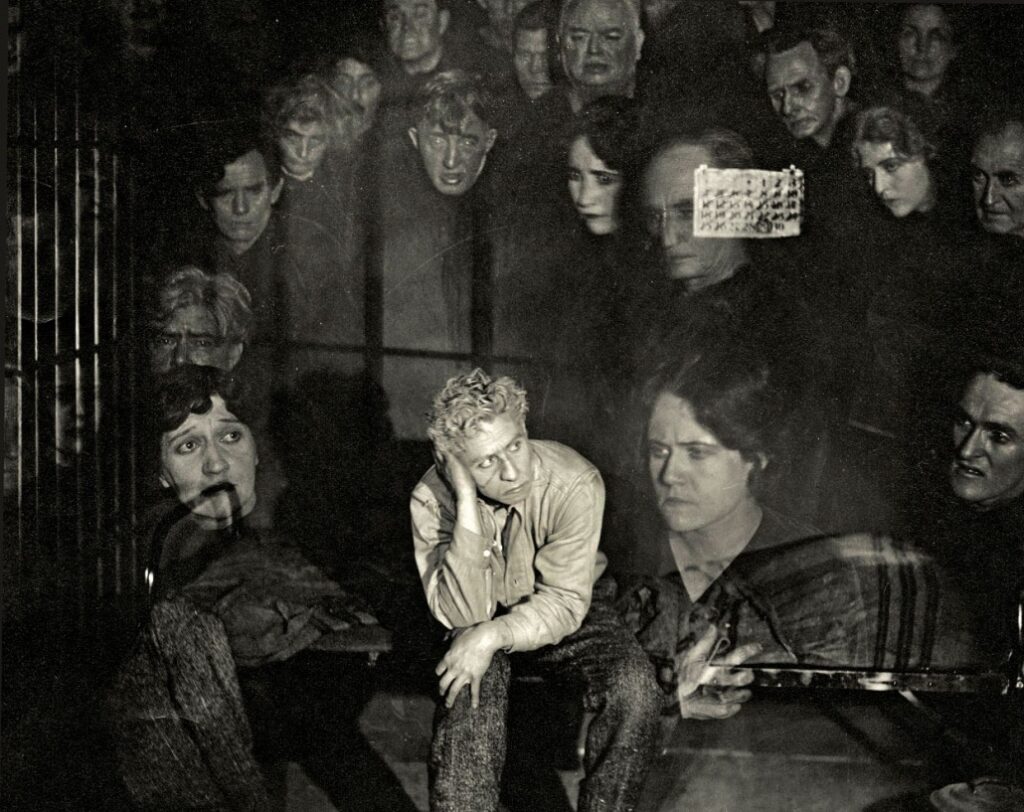

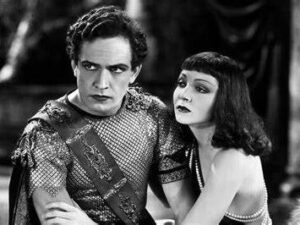
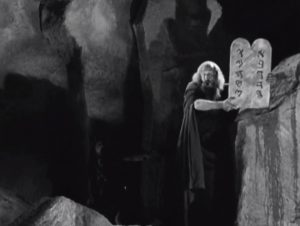

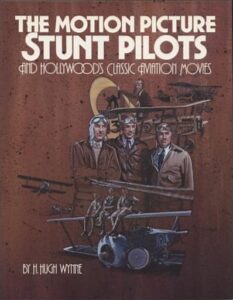
That dichotomy between DeMille’s interest in both religion and excess fascinates me! There have been several books on DeMille but I feel like Eyman’s is the definitive one. Thanks so much for your insightful review. I loved that photo of you paying your respects to DeMille!
Thanks! I feel like Eyman is one of the best biographers that balance each of his subject’s personal and professional lives together into a coherent whole.